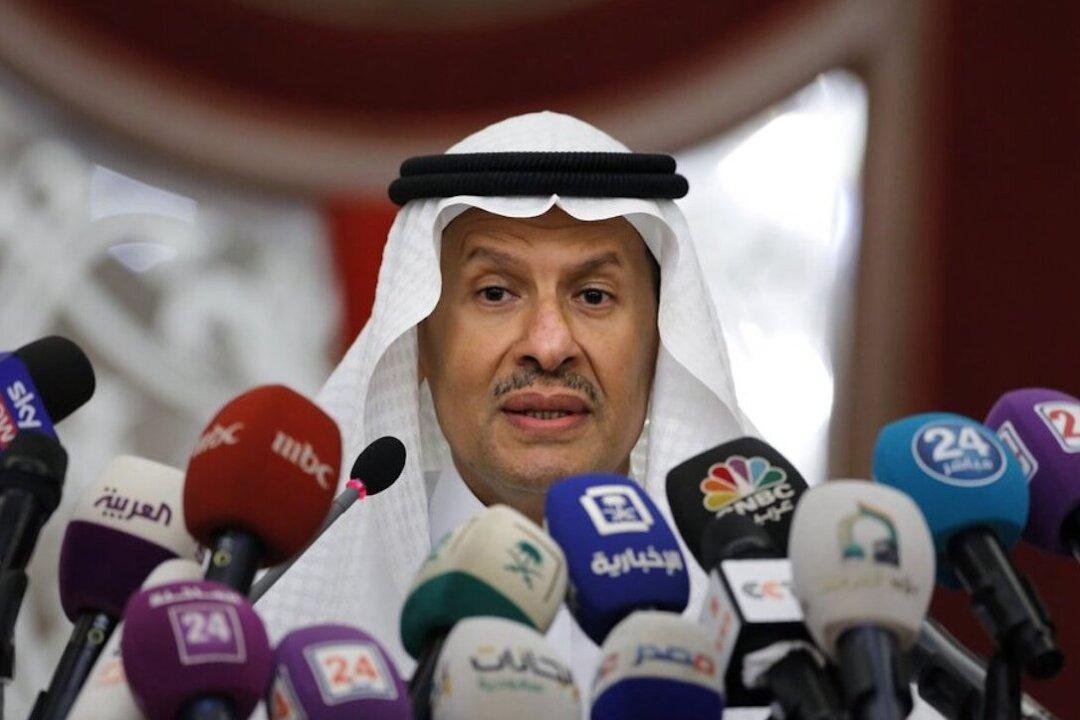Saudi Arabia has fired the first salvo in an oil price war, slashing crude prices after OPEC’s supply pact with Russia collapsed March 6 in bitter acrimony.
State oil giant Saudi Aramco said in a statement March 7 that it was cutting its official selling price (OSP) for April for all its crude grades to all destinations, amounting to unprecedented discounts of nearly 20 percent in key markets.





